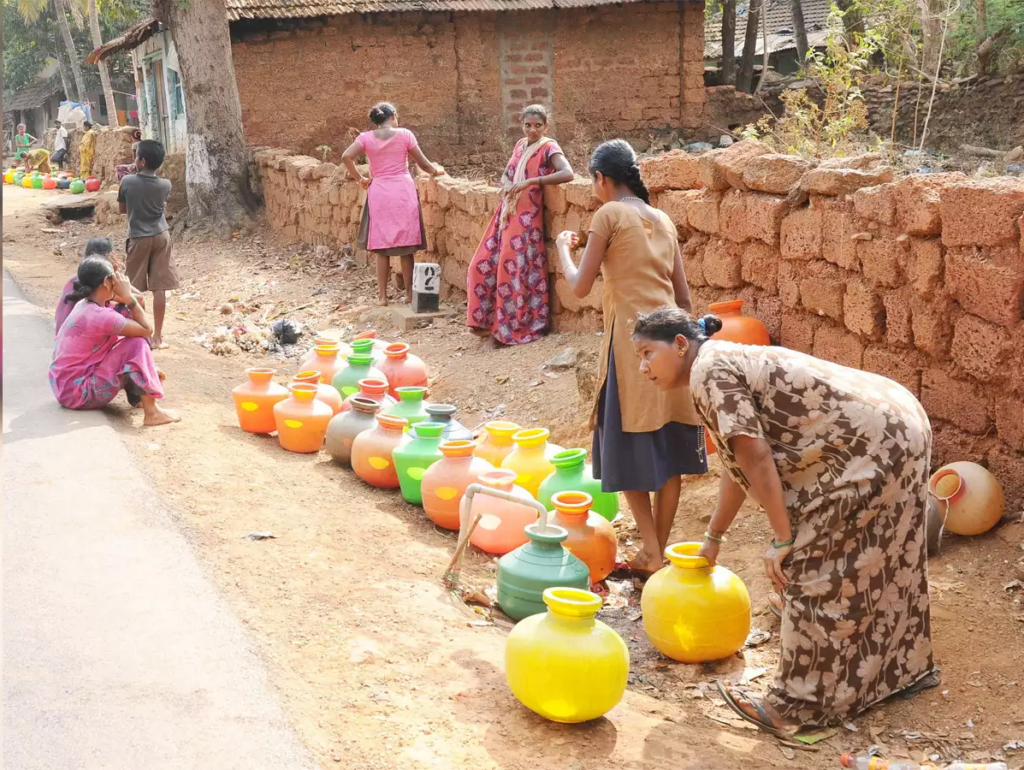
Water is an essential resource that sustains life, but access to it remains a significant challenge in many rural areas. Villages often struggle with water scarcity, inefficient storage, and poor management, which can lead to crises in agriculture, sanitation, and overall community health. One effective way to address these challenges is through the establishment of cooperatives that manage water storage systems. These community-driven organizations play a crucial role in ensuring sustainable water access and efficient use, benefiting all members of the community.
Understanding Cooperatives in Rural Water Management
A cooperative is a group of individuals who voluntarily unite to address a common need through shared resources and efforts. In the context of water storage, cooperatives involve community members pooling their resources—both financial and labor—to build, maintain, and manage water storage systems. These systems may include reservoirs, rainwater harvesting units, tanks, and irrigation networks.
The cooperative model is particularly effective in rural areas because it leverages local knowledge and fosters a sense of ownership among members. When villagers actively participate in decision-making and management processes, they are more likely to take care of the infrastructure and use the water responsibly.
Key Roles of Cooperatives in Water Storage Management
1. Construction and Maintenance of Infrastructure
Cooperatives mobilize resources and manpower for the construction of water storage systems. By engaging local labor and materials, they reduce costs and ensure that the infrastructure is tailored to the community’s specific needs. Regular maintenance schedules, overseen by the cooperative, help prevent system failures and ensure long-term functionality.
2. Equitable Water Distribution
Water is often a limited resource in villages, and its distribution can lead to disputes. Cooperatives establish fair usage policies that allocate water based on household needs, agricultural requirements, and availability. This reduces conflicts and promotes harmony within the community.
3. Education and Capacity Building
Cooperatives play a critical role in educating villagers about water conservation techniques and the importance of sustainable practices. Training programs on rainwater harvesting, efficient irrigation methods, and wastewater recycling are often conducted to enhance community skills.
4. Financial Sustainability
By pooling funds from members, cooperatives create a sustainable financial model for managing water resources. Membership fees or usage charges are reinvested into the maintenance and expansion of the system. This approach reduces reliance on external funding and ensures the system’s independence.
5. Disaster Preparedness and Climate Resilience
In regions prone to droughts or floods, cooperatives develop contingency plans and build resilient water storage systems. They store excess water during rainy seasons and manage its distribution during dry periods, minimizing the impact of extreme weather conditions.
Success Stories and Lessons Learned
Many villages worldwide have successfully implemented cooperative models to manage their water resources. For instance, in India, the Self-Employed Women’s Association (SEWA) has helped rural communities establish cooperatives to construct check dams and rainwater harvesting structures. These efforts have improved agricultural productivity and reduced water scarcity during droughts. Similarly, cooperatives in Africa have introduced solar-powered water pumps, enhancing access to clean water for drinking and farming.
Conclusion
Cooperatives are a powerful tool for addressing water storage challenges in villages. By fostering collaboration, empowering local communities, and promoting sustainable practices, they create long-term solutions that improve water security and quality of life. Policymakers and development agencies should prioritize and support cooperative models as part of their broader efforts to ensure equitable and sustainable access to water resources.


